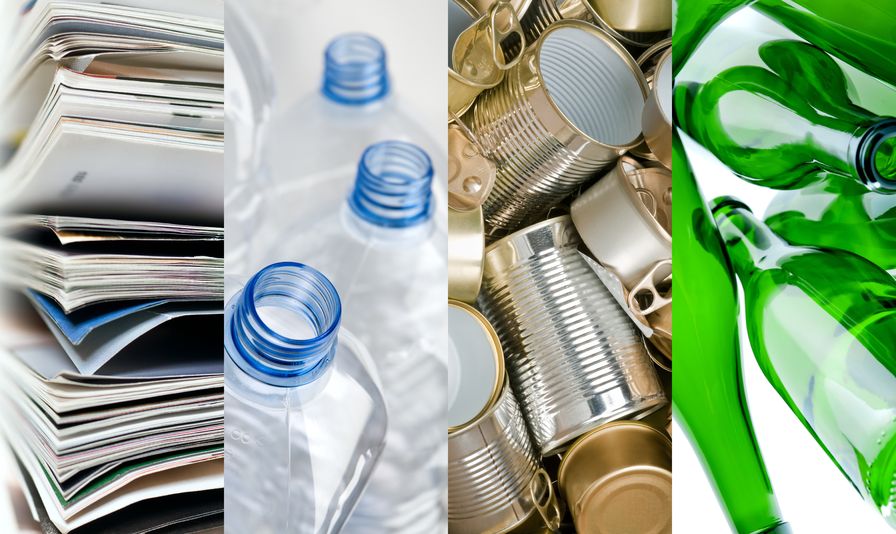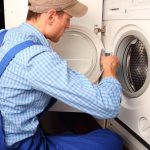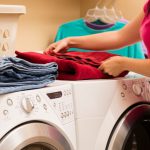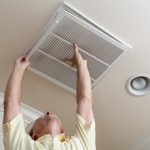Due to advances in technology, there are now more options for recycling than ever. That’s great news for the environment, but it also makes recycling a bit more confusing. When it comes to household items, what can be recycled and which should go in the trash?
Below are some commonly recycled items and the guidelines you need to know before you throw them out:
Plastic: Plastic is a versatile material, but it takes lots of fossil resources to produce. Cut down on that waste by recycling your plastic drink bottles, shampoo containers and milk jugs. Be sure to check with your municipality to see what kind of plastic it accepts—some centers only accept plastic marked with specific resin codes (the little number printed inside a triangular recycling symbol). Also, be careful that every bottle you recycle is clean. Plastic with food waste can contaminate an entire bale of plastic, rendering it unrecyclable.
Glass: Glass bottles and jars are commonly accepted by most recycling centers, but clear glass is the most valuable. Know that some recycling centers only accept certain colors of glass, and not all glass can be recycled. Non-recyclable glass includes Pyrex, mirror or window glass, crystal, light bulbs and glass containing food waste.
Metal Cans: Americans drink about one canned drink per day on average, but only about 50 percent of those cans actually get recycled. Aluminum cans are 100 percent recyclable, so we could drastically cut down on the energy used to produce new cans if we all recycled our empties. You can even make some cash off your empty cans—some recycling centers pay for aluminum. Tin cans (usually made of steel) can also be easily recycled.
Cartons: Known as “poly-coated paperboard containers,” the paper cartons used to contain liquids such as milk and juice are made of 80 percent paper fiber and 20 percent polyethylene, a plastic that keeps the paper from becoming soggy. In many communities across the country, these cartons are recyclable in regular recycling bins at no extra charge.
Paper: Almost any type of paper can be recycled, provided that it is clean and free of food waste. Newspapers, printer paper, glossy magazines and even corrugated cardboard can be recycled.
Batteries and Bulbs: Though you shouldn’t put them in your recycling bins, it’s important to recycle your batteries and light bulbs. Contact your local recycling center to learn where you can drop off lead acid car batteries, household and rechargeable batteries and light bulbs.




